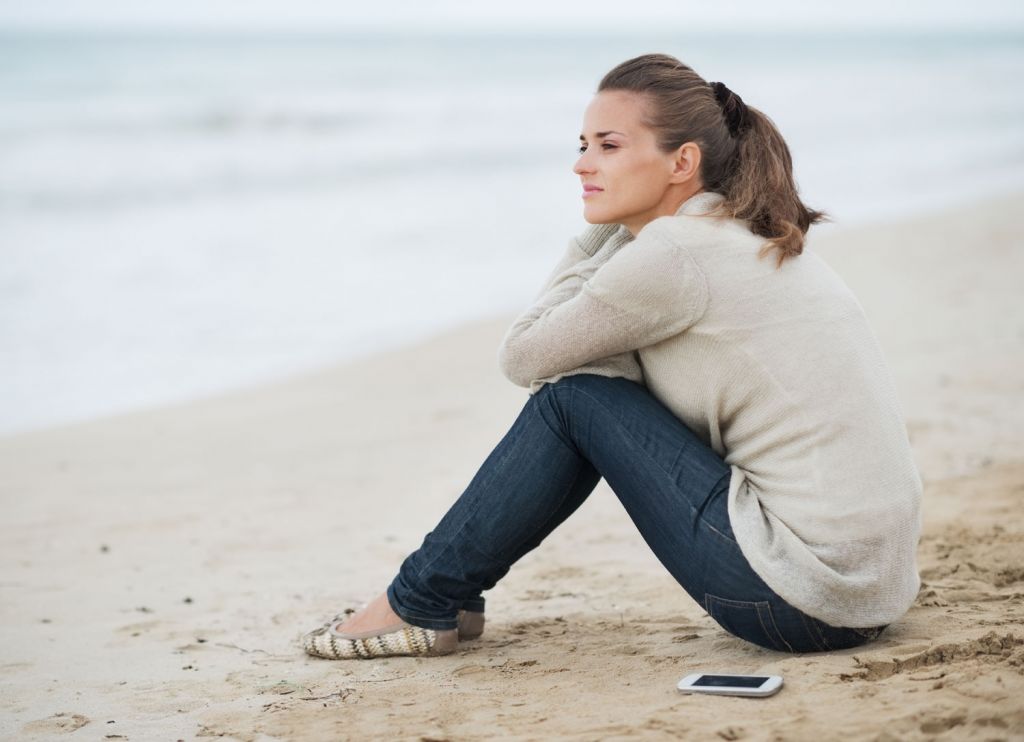
Life isn’t predictable, nor should it be, and we have many different experiences along the way – good, bad, happy and sad. – Lianna Champ.
Bereavement is the ultimate experience which forces a major change in our lives, so it is vital that we allow ourselves to feel the pain of our grief, to wallow in it in order to come through the other side.
This is how we heal – by recognising and experiencing our emotional pain. The ability to experience emotions is all part of being human.
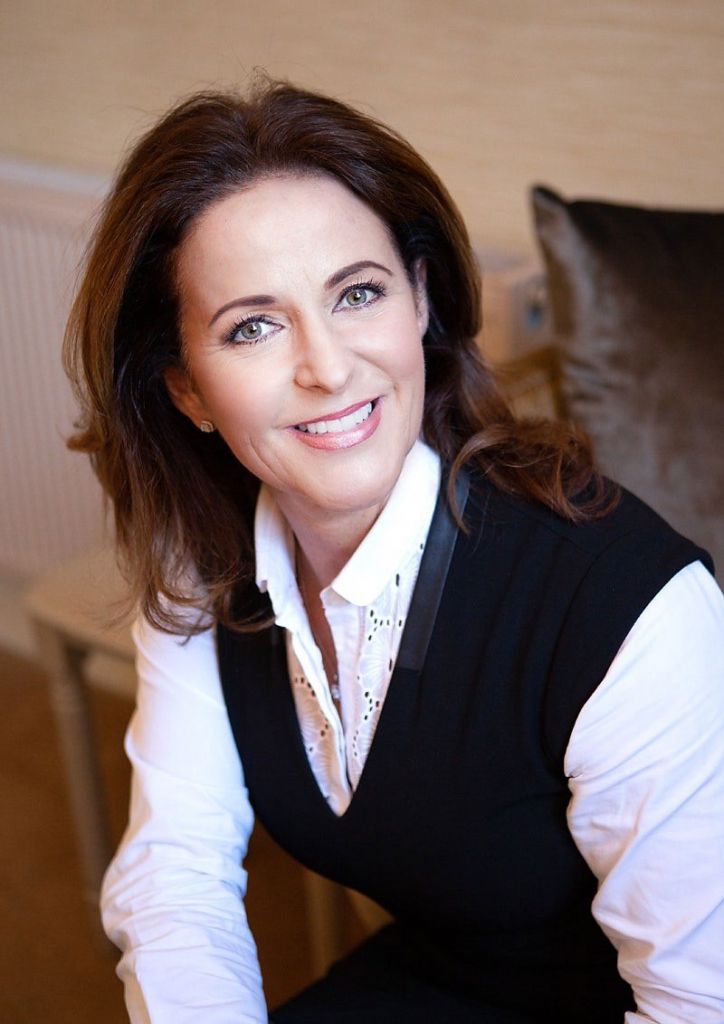
We must allow ourselves to let it be ok to live and be happy again whilst finding meaningful ways to continue our bond with our loved ones.
The guilt of surviving and the guilt that the future could be as happy, though different from the past, can hold you in ‘no man’s land’.
Guilt follows deliberate wrongdoing – actions or words that we know were not the right things to do or say at that particular time.
Regret is a wish that something could have been done or said in a better way than it had been had we known what was going to happen. We see the action or words in a different light.
If we had known the outcome, we would have acted differently – instead, we acted in innocence. There is an important difference.
It’s the things we do after a loss that brings change. Whether you need emotional or practical help, reach out and ask, and people will respond. Just think of a time when you someone asked you for help and how it made you feel, being able to make a difference in their life.
You are the only person responsible for your actions and, therefore, the only person who can bring change.
After a loss, sometimes you have to make yourself do something different or new. If you do something often enough, your feelings toward it will change, and it can become second nature – like getting up, making our bed and brushing our teeth.
Each day, we make these choices subconsciously because we have been doing them for so long. Be open to new experiences, find activities that resonate with your inner self, and enhance what you do and where you are going. You may end up doing something new that you enjoy.
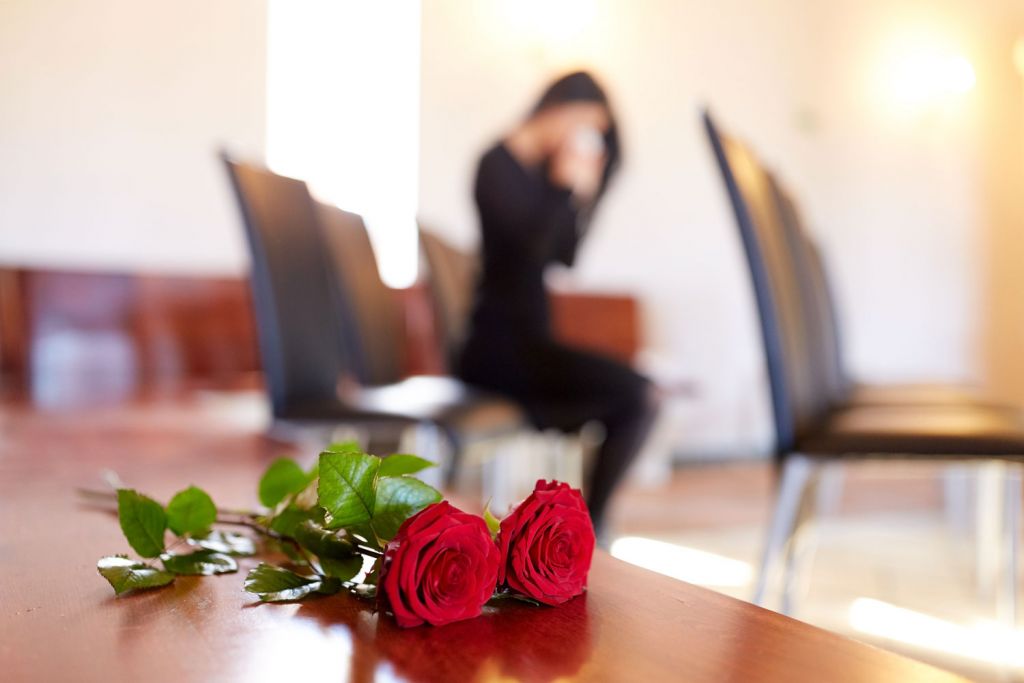
Working through grief isn’t just an emotional exercise but a physical one too. Somewhere good to start is walking in the outdoors in a woodland or park. Just the rhythm of your steps can be therapeutic, and simply being outside can expand your thoughts.
Moving on with your life does not have to mean forgetting the person who has died.
Allowing yourself to hold your grief in a special place in your heart can help you move forward. Accept that the person who has died will always be a part of you, and you will continue to have those days and moments of sadness.
This is normal and natural. Recognise and respect these days, and this will allow you to really enjoy the happy days. Grief is not permanent; it ebbs and flows.
We can choose to be bitter and rail against the unfairness of life, or we can accept that we can’t always control how or when we, or those we love, will die. We can, however, control how we live.
Recovering from loss is a choice. You make the choice to move from a place of pain to a place of healing and compassion. If you change nothing, nothing can change, and as hard as it may seem at first, you have to try out new things to see what works and what doesn’t.
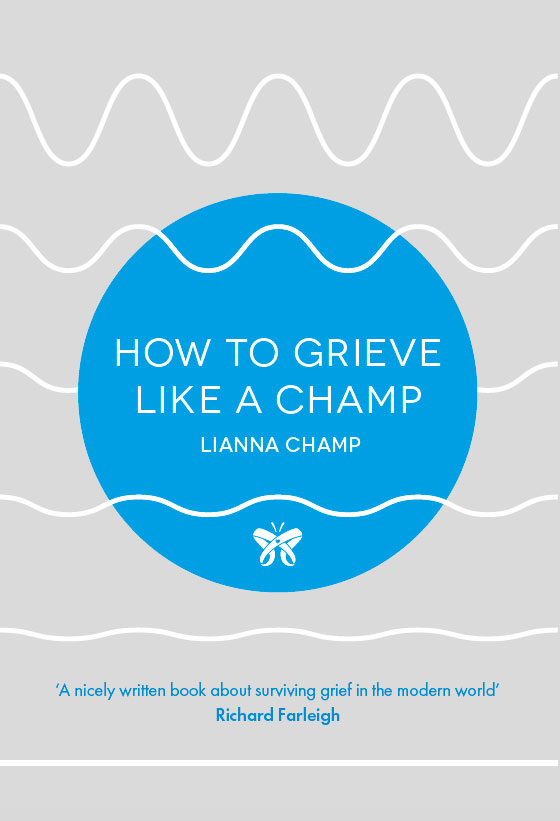
Death puts trivia in its place; therefore, try not to allow yourself to feel judged by others.
They don’t know how you feel. You do not need to be a martyr to your pain as a testimony to the depth of your love.
As human beings, we are driven by our instincts – if it feels right, do it. Learn to trust your instincts.
Spend some quiet time. There is much inner learning to be found in silence. Learn to trust yourself and tune out any negative voices. Don’t let a fear of the unknown hold you back, nor your old familiar habits.
Only when we change can we experience a different result.
Sometimes, we get stuck in a rut and just keep doing the same things over and over and wonder why we never feel better, why everything just stays the same and life has lost its lustre.
Very often, the difference between those who recover and those who don’t is that the one who recovers made a choice to do something different.
Lianna Champ has over 40 years of experience in grief counselling and funeral care and is the author of the practical guide How to Grieve Like A Champ.
![]()

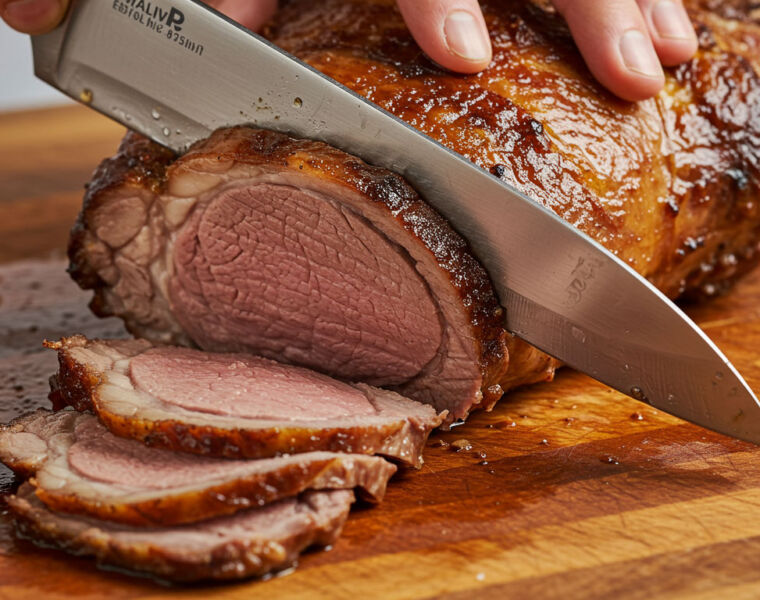

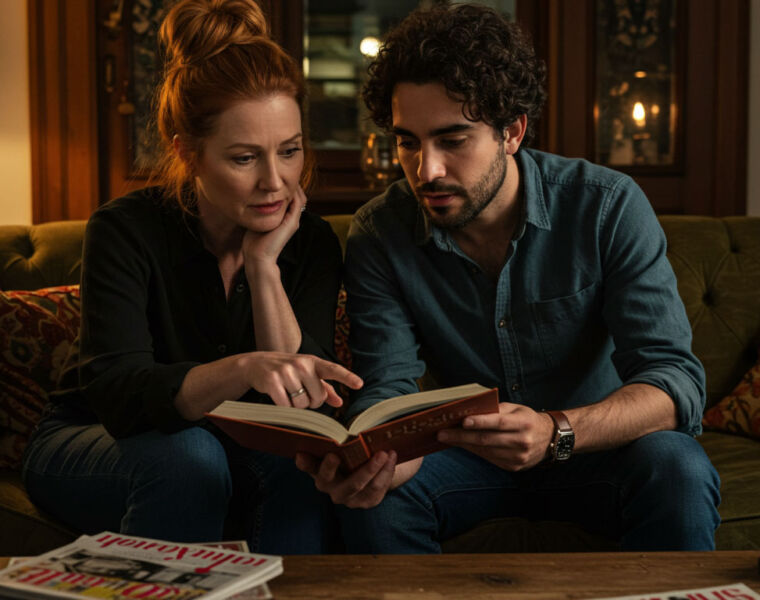
You must be logged in to post a comment.